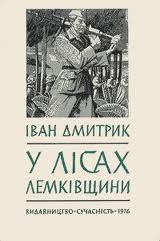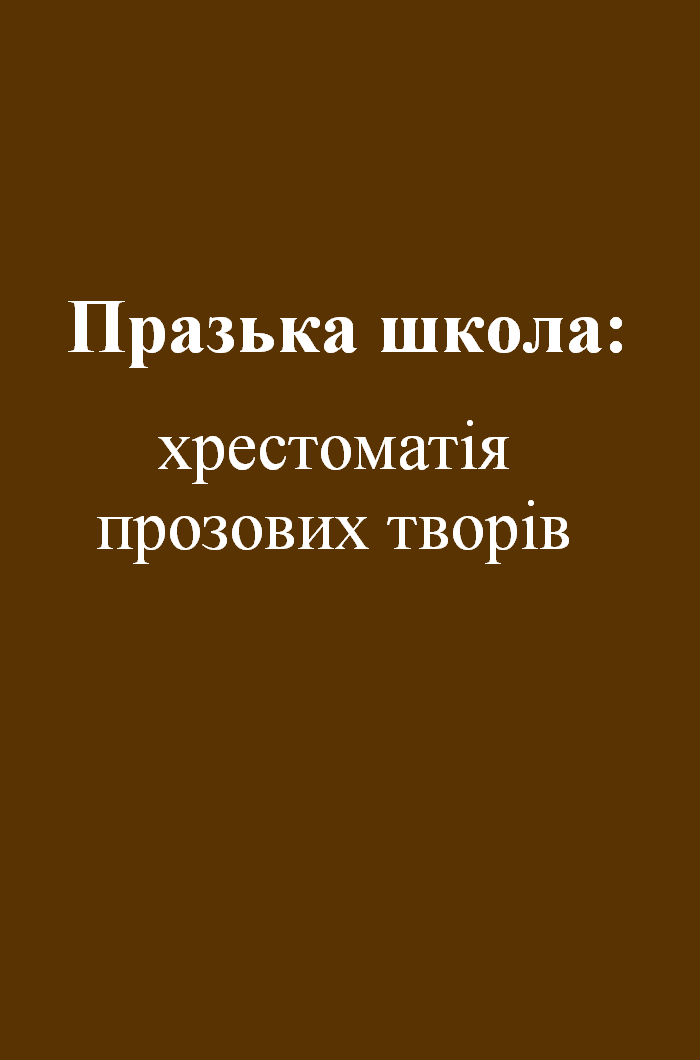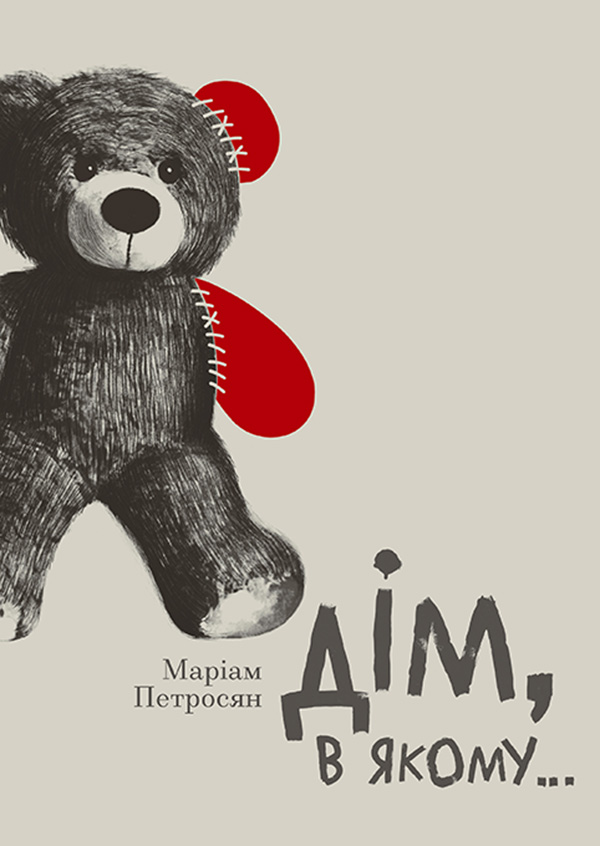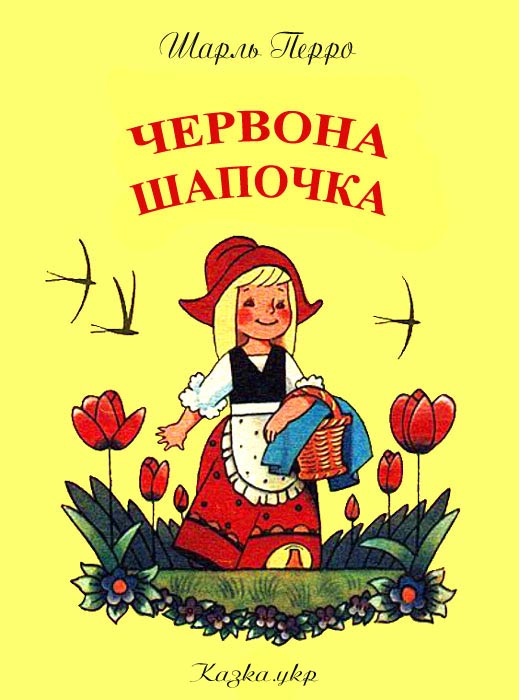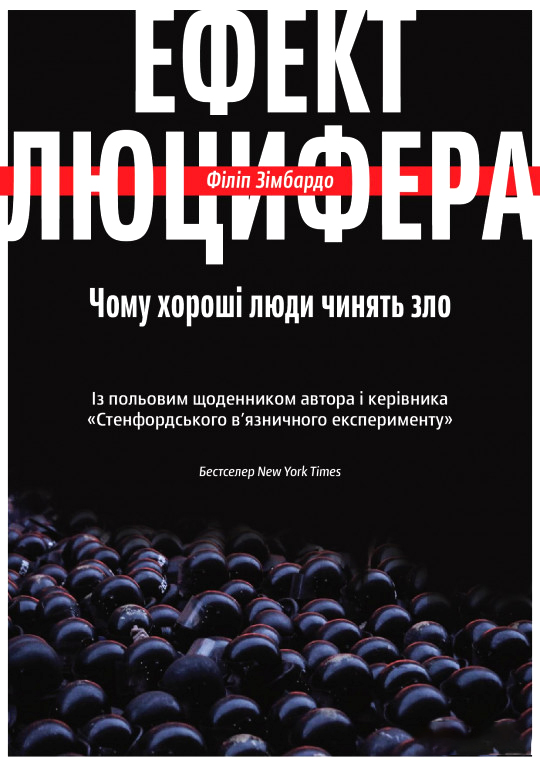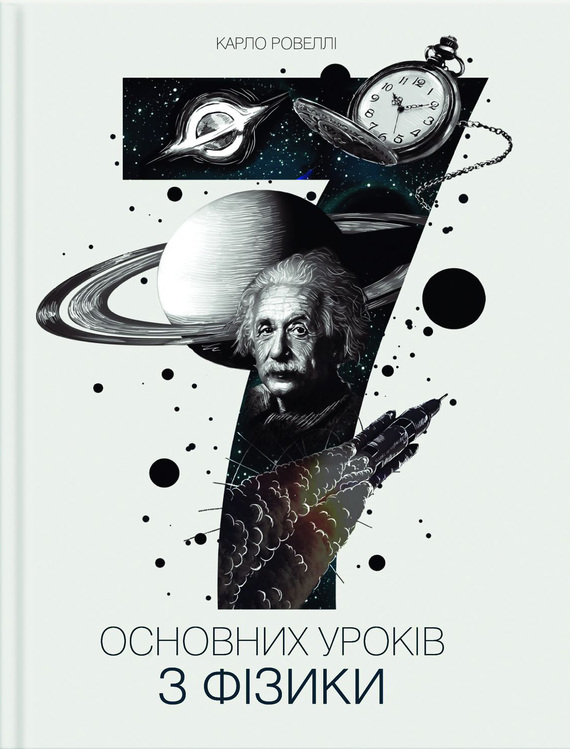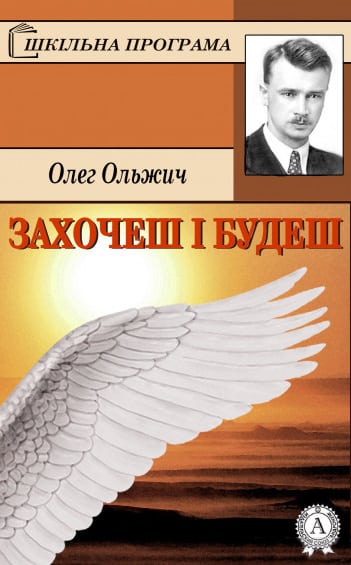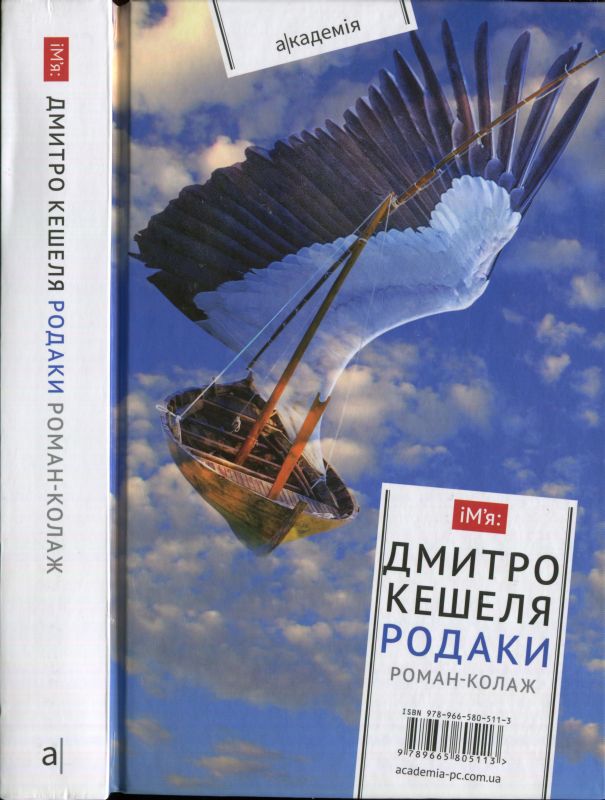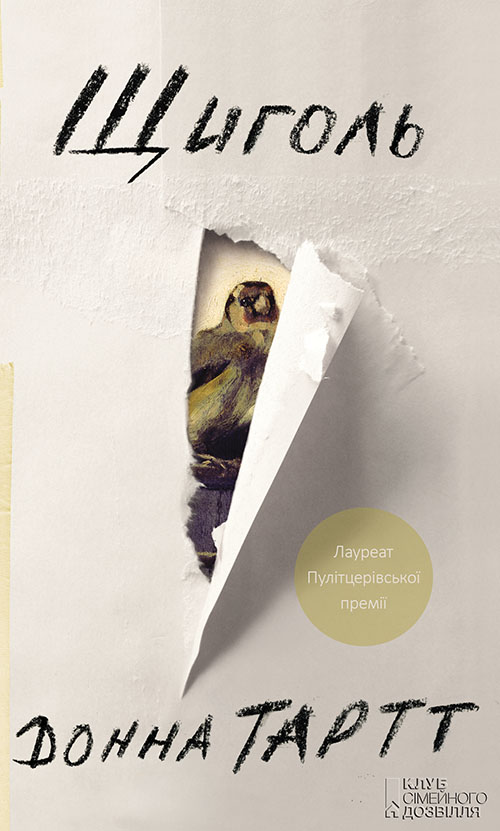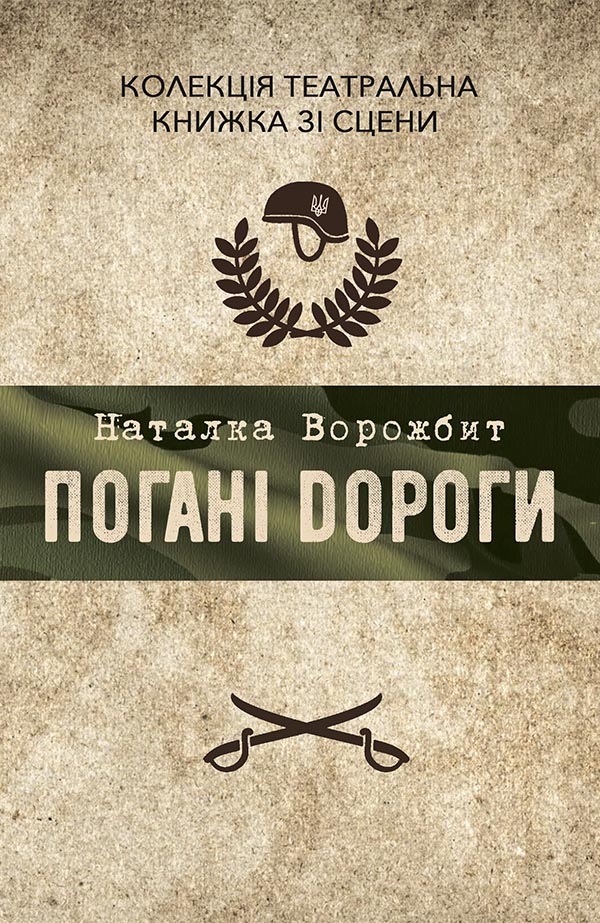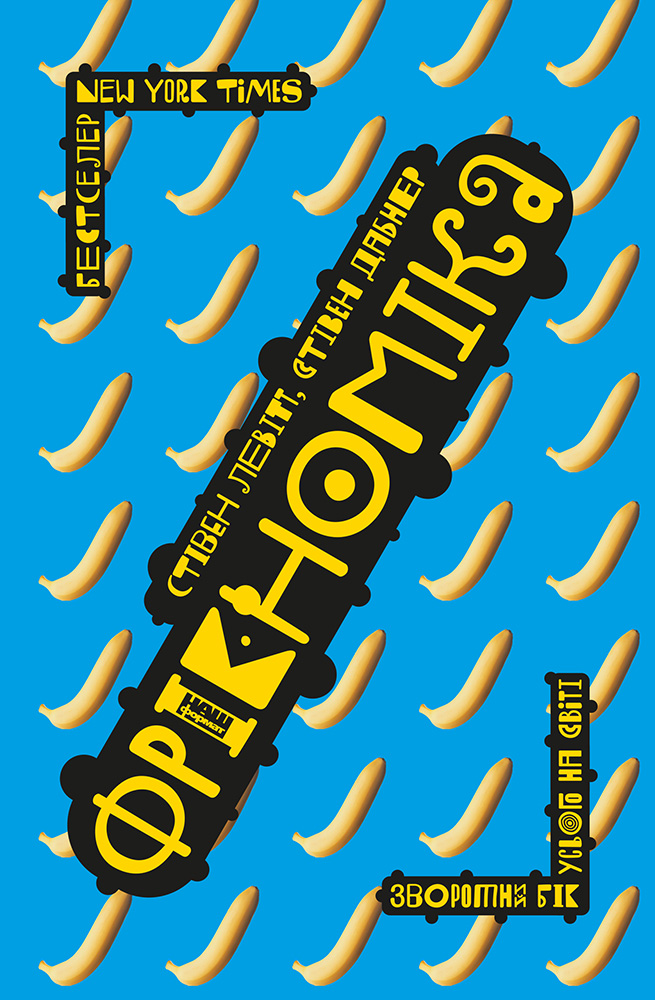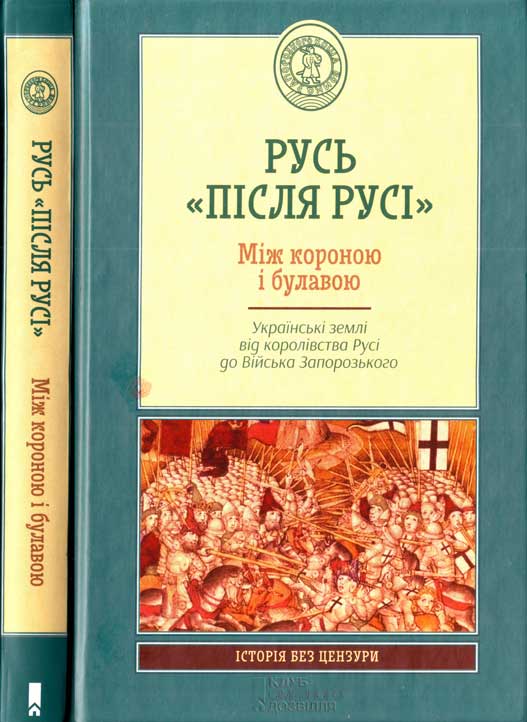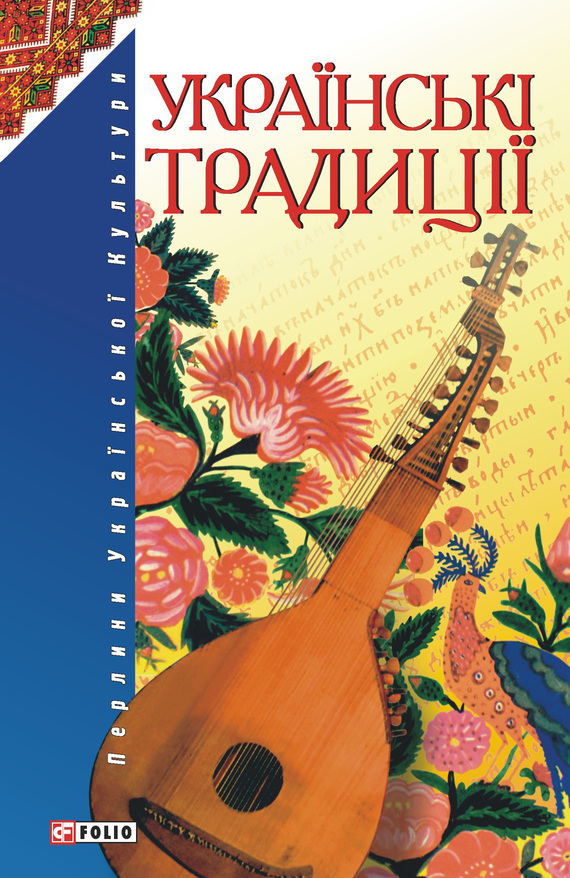Читати книгу - "Genghis Khan and the Making of the Modern World"
Шрифт:
Інтервал:
Додати в закладку:
Despite the isolation of the Mongolian world, the tribes who lived there were not cut off entirely from the currents of world events. For centuries before the birth of Genghis Khan, Chinese, Muslim, Hindu, and Christian civilizations filtered into the Mongol homeland; little of their culture proved adaptable, however, to the harsh environment of the high steppes. The nomadic tribes had distant but complex commercial, religious, and military relations with the constantly changing configuration of states in China and central Asia. Living so far to the north, the Mongols were essentially out of range of the trade routes that later became known as the Silk Route, which ran south of the Gobi, tenuously and sporadically connecting Chinese and Muslim societies. Yet enough trade goods filtered north to make the Mongols aware of the treasures that lay in the south.
For the nomads, trading with their neighbors and fighting with them constituted an interrelated part of the yearly rhythm of life, as customary and predictable as tending the newborn animals in the spring, searching for pastures in the summer, or drying meat and dairy products in the fall. The long, cold winter was the season for hunting. The men left home in small parties to roam the mountains and penetrate the forests hunting rabbits, wolves, sables, elks ibex, argali (wild sheep), boars, bears, foxes, and otters. Sometimes the whole community participated in hunts, where they would encircle as large an area as they could and drive the game toward a central slaughtering point. The animals provided not only meat, leather, and fur, but also antlers, horns, tusks, teeth, and bones that the nomads fashioned into a variety of tools, weapons, and decorations, and various dried organs that were used as medicines. The forest also supplied other goods for trade and daily life, including hunting birds that were taken from their nests in infancy.
The nomads traded the forest products, from family to family, ger to ger, toward the south, while manufactured products such as metal and textiles slowly moved north from the trading centers south of the Gobi. The Mongols survived on the most northern edge of this world, just at the juncture of the steppe and the northern Siberian forest. They lived as much through hunting in the forest as by herding animals on the steppe, and they exemplified the most extreme characteristics of both groups. They clung to the frayed ends of thin, delicate threads of trade connecting the northern tundra and the steppe with the agricultural fields and workshops of the south. So few goods penetrated the far north that it was said that among the Mongols the man with a pair of iron stirrups ranked as the highest lord.
Some years the hunting was poor, and the people would grow hungry early in the winter, without a supply of forest products to trade. In those years, the Mongols still organized their hunting parties. Only instead of heading north into the forest to hunt animals, they moved out across the steppe to hunt for humans. If the Mongols had nothing to trade, they raided the herders they could find out on the steppe or in isolated valleys. The attackers used the same tactics in approaching human prey as animals, and at first sign of attack, the targeted victims usually fled, leaving behind most of their animals, the material goods of their homes, and whatever else the attackers might want. Since the object of the attack was to secure goods, the attackers usually looted the gers and rounded up the animals rather than pursuing the fleeing people. Because the raiders wanted goods, casualties in this type of struggle remained low. Young women were kidnapped as wives and young boys as slaves. Older women and the youngest children were usually exempt from harm, and the men of fighting age usually fled first on the swiftest and sturdiest horses since they stood the greatest chance of being killed and the future livelihood of the entire group depended so heavily on them.
If the escaping men managed to summon allies quickly enough, they set off in pursuit of their attackers in an attempt to track them and recover their goods. If not, the defeated tribesmen rounded up as many of their animals as had managed to elude the captors, and they reorganized their lives as they nourished plans for their counterattack at a more propitious time.
For the Mongols, fighting functioned as more of a cyclical system of raiding than of true warfare or even sustained feuding. Revenge often served as the pretext for a raid, but it rarely acted as the true motivator. Success in battle carried prestige for the victor based on the goods brought back and shared with family and friends; fighting did not revolve around the abstract prestige of honor on the battlefield. Victorious warriors showed pride in their kills and remembered them, but there was no ostentatious collecting of heads or scalps, nor making notches or other emblems to represent the number of men killed in battle. Only the goods mattered, not the kill.
Hunting, trading, herding, and fighting formed a seamless web of subsistence activities in the lives of the early Mongol tribes. From the time that he could ride, every male began to learn the skills for each
Увага!
Сайт зберігає кукі вашого браузера. Ви зможете в будь-який момент зробити закладку та продовжити читання книги «Genghis Khan and the Making of the Modern World», після закриття браузера.
